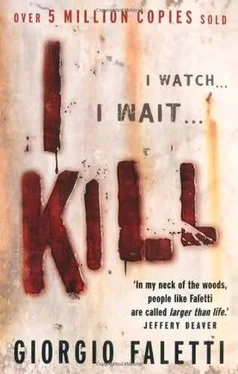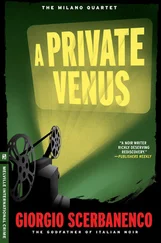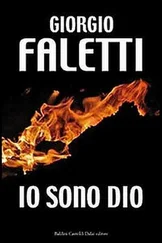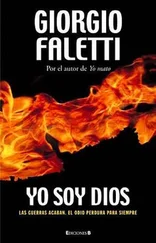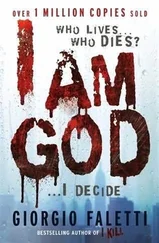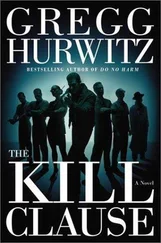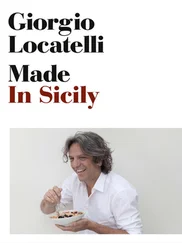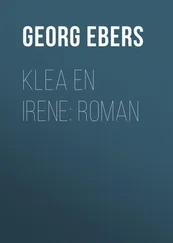‘Could it be a bootleg recording?’ asked Morelli.
‘I don’t think so,’ Barbara said, shaking her head. ‘It sounds kind of dated to me. Artistically and technically. It’s an old recording, analogue, not digital. And it’s on vinyl, an old LP. The quality’s great. It doesn’t sound like an amateur recording on lo-fi equipment, given the period’s technical limitations. So it must be a commercial LP, unless it’s an old lacquer disc that was never released.’
‘A lacquer disc?’ asked Frank, looking at the girl. He could not help but share Morelli’s admiration. Barbara had a great mind and a body to match. If the sergeant was interested in her, he’d better be up topar.
‘A lacquer disc was a trial disc that record companies used to make, before there were CDs,’ Bikjalo explained for her. ‘Generally, there were only a few copies in circulation and they deteriorated easily. Some lacquer discs are collector’s items. But since lacquer doesn’t hold up, the quality of the sound gets much worse every time it’s played. That’s not what we’re dealing with here.’
There was silence again, indicating that they had said all they could. Hulot stood up, signalling the end of the meeting. ‘Ladies and gentlemen, it goes without saying that even a minor detail could be of the utmost importance in this case. We have a killer at large who is mocking us. He even throws us clues about his intention, and we know what that is: to kill again. Whatever comes to mind, at any time of day or night, don’t hesitate to call me, Frank Ottobre or Sergeant Morelli. Take our phone numbers before you go.’
One by one, they all got up and left the room. The two police technicians left first, to avoid any direct dealings with Hulot. The others stopped long enough to take a card with the phone numbers from Morelli. The sergeant took extra time giving his card to Barbara, who did not seem to mind at all. Frank went over to Cluny who was whispering to Hulot. The two men stepped aside to let him into their conversation.
‘That phone call had an important clue that’ll keep us from getting confused or wasting time…’
‘What?’ asked Hulot.
‘It proved that the call wasn’t a trick and that he really is the man who killed those two people on the boat.’
‘ It wasn’t my hand that wrote it.. .’ quoted Frank, nodding.
‘That’s right,’ Cluny continued, looking at him, pleased. ‘Only the real killer could know that the writing was done mechanically and not by hand. I didn’t mention it to the others because it’s apparently one of the few things regarding the investigation that is not public knowledge.’
‘Exactly. Thank you, Dr Cluny. Excellent work.’
‘Thank you. There are some things I have to analyse,’ said Dr Cluny. ‘Language… language, vocal stress, syntax and so forth. I need a copy of the tape.’
‘It’s yours. Goodnight.’
The psychiatrist left the room.
‘Now what?’ asked Bikjalo.
‘You’ve all done everything you can,’ answered Frank. ‘Now it’s our turn.’
Jean-Loup seemed dazed. The experience had definitely taken a toll on him. Perhaps what had happened had not been as exciting as he had imagined.
Death is never exciting. Death is blood and flies, thought Frank.
‘You’re good, Jean-Loup. I couldn’t have done any better. Radio experience had nothing to do with it. When you’re dealing with a killer, it’s always the first time. Go home now and try not to think about it for a while.’
I kill…
Everyone knew that sleep would be impossible that night. While someone was out there searching for a pretext for his ferocity, so that the whispers in his mind would merge with the screams of his next victim.
‘Thanks. I think I’ll go home,’ Jean-Loup said, stooping his shoulders in defeat. He said goodnight and left, carrying a burden that could crush a much stronger man. When you got right down to it, he was just a deejay who broadcast music and words on the radio.
‘Let’s go. There’s no point hanging around here any more.’ Hulot headed to the door.
‘I’ll go with you. I’m leaving too. Although I don’t think I’ll be able to sleep tonight,’ said Bikjalo, stepping aside for Frank.
When they reached the door, they heard someone click out the code. The door opened and Laurent appeared. He was very excited.
‘Thank goodness. I was hoping I’d find you still here. I have an idea. I know who can help us!’
‘With what?’ asked Hulot.
‘With the music. I know who can help us identify it.’
‘Who’s that?’
‘Pierrot!’
Bikjalo’s face lit up. ‘Of course! “Rain Boy”.’
‘Rain Boy?’ Hulot and Frank looked at each other.
‘Pierrot’s a kid who helps out at the radio station and takes care of the archive,’ explained the station manager. ‘He’s twenty-two with the mental age of a child. He’s Jean-Loup’s discovery and the boy adores him. He would jump off a cliff if Jean-Loup asked him to. They call him “Rain Boy” because he’s like Dustin Hoffman in Rain Man. He’s limited, but he’s a human computer when it comes to music. It’s the only gift he’s got, but it’s phenomenal.’
‘Where does this Pierrot live?’ asked Frank, looking at his watch.
‘I don’t really know. His last name’s Corbette and he lives with his mother just outside Menton. The father was an arsehole who took off when he found out the boy was retarded.’
‘Does anyone have his address or phone number?’
‘Our secretary’s got the number,’ Laurent replied, going over to Raquel’s computer. ‘Their home number and the mother’s mobile.’
‘I feel badly for Mme Corbette and her son,’ Inspector Hulot said, looking at the time, ‘but I’m afraid we’re going to have to wake them in the middle of the night.’
Everything about Pierrot’s mother was grey, and she was wearing a dress to match.
Sitting in a chair in the conference room, she watched with dazed eyes the men standing around her son. Their phone call had woken her in the middle of the night and she had been terrified when they had said it was the police. They had made her wake Pierrot and dress quickly, and then they had pushed them into a police car that had taken off at a speed that frightened her to death.
Pierrot and his mother lived in a block of flats in a working-class area. The woman was worried about her neighbours, seeing them bundled in the back of a police car like common criminals. Her life was already hard enough, with all the whispering and lowered voices when she passed. She didn’t need to go looking for trouble.
The inspector, the older man with the nice face, had assured her that she had nothing to worry about, that they needed her son for something important. And now they were there and she was wondering how someone like her Pierrot could possibly help them, her son whom she loved as if he were a genius but whom others considered stupid.
She looked anxiously at Robert Bikjalo, the manager of Radio Monte Carlo, who had allowed her son to stay there in a safe place and work with what he loved most in the world: music. What did the police have to do with it? She prayed that Pierrot, simple as he was, hadn’t done anything wrong. She couldn’t bear the idea that they might find some pretext to take her son away from her. The idea of their being separated was terrifying. She felt the cold fingers of anxiety creep into her stomach and squeeze tightly.
Bikjalo flashed her a reassuring smile, a sign that everything was fine. She turned back to watch the younger man, the one with the hard face and the stubble, who spoke French with a slight foreign accent. He squatted down on the floor so that he was at the same level as Pierrot who was sitting in a chair.
Читать дальше
